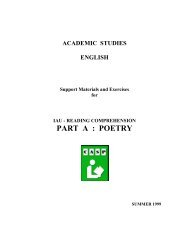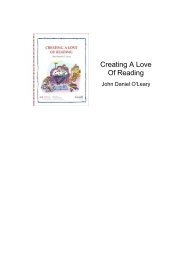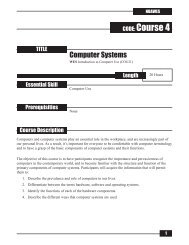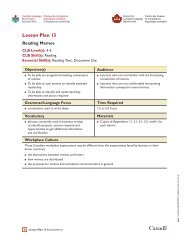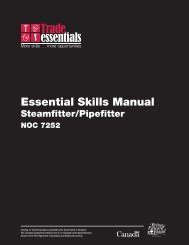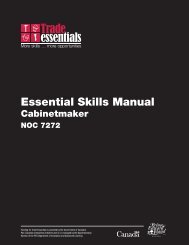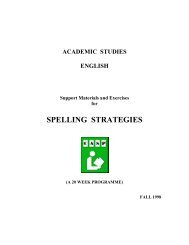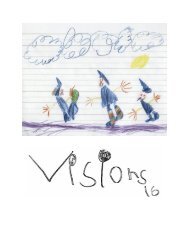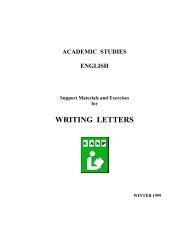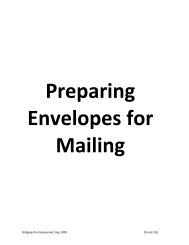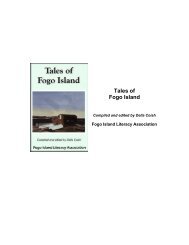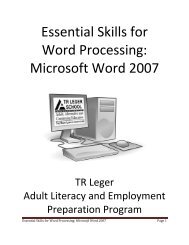Essential Skills - National Adult Literacy Database
Essential Skills - National Adult Literacy Database
Essential Skills - National Adult Literacy Database
Create successful ePaper yourself
Turn your PDF publications into a flip-book with our unique Google optimized e-Paper software.
<strong>Essential</strong> <strong>Skills</strong> and the Northern Oil and Gas Workforce Final Report and Resource Guide<br />
Day 2 SESSION 3:<br />
NORTHERN WORKPLACE / WORKFORCE LITERACY<br />
CONSORTIUM<br />
Presenters: Helen Balanoff (NWT <strong>Literacy</strong> Council)<br />
Havi Echenberg (Researcher)<br />
Overview<br />
The NWT <strong>Literacy</strong> Council was established in 1989. In 1999 when Nunavut was created, the<br />
Council split into two groups and the Nunavut <strong>Literacy</strong> Council was created. Both organizations<br />
have NGO status and both operate on a project-based framework. The two Councils currently<br />
have a joint initiative that aims to promote and support quality workforce/workplace literacy<br />
programs in the NWT. The project stakeholders are employers, trainers/educators, funders,<br />
policy makers and the two <strong>Literacy</strong> Councils.<br />
In the context of the North, there are legal commitments to meet with regard to employing<br />
and promoting First Nations people and Inuit. In a context of a high demand for skilled labour,<br />
that sometimes means helping people to develop the underlying literacy and essential skills<br />
they need to even start on the job. Development of this project was prompted by requests<br />
from employers and colleges asking for resources, models, and examples of promising<br />
practices.<br />
The project distinguishes between two kinds of literacy programs: those usually based in a<br />
workplace, designed to meet the needs of existing employees for a particular company or<br />
industry and those that precede labour market participation, usually preparing people more<br />
generally for the workforce. It is believed that both have an important role to play.<br />
The literacy councils from the two territories joined forces on this project because they were<br />
dealing with similar industries (resource extraction, particularly oil and gas and diamonds),<br />
because there are commitments in both territories to meeting employment targets (impact<br />
agreements in NWT, Clause 23 in the context of Nunavut) and because many of the<br />
institutions involved in workplace and workforce literacy cross the territorial border as do some<br />
employers.<br />
Activities to date:<br />
• developed a discussion paper that is a “snapshot” of the state of workplace and<br />
workforce literacy in the two territories and provides some indication of the state of<br />
literacy training.<br />
• first stakeholder meeting took place April 05 in Yellowknife<br />
• next meeting, spring 06 to formalize collaboration and develop shared goals and coordinated<br />
strategies with regard to expanding the pool of literate and skilled workers.<br />
• developing a compendium of resources to be available to employers and existing and<br />
potential employees in print or web-based form<br />
The question now to be asked is, “Who is responsible for preparing a skilled northern<br />
workforce?”<br />
W W<br />
49



